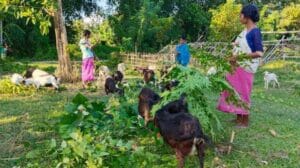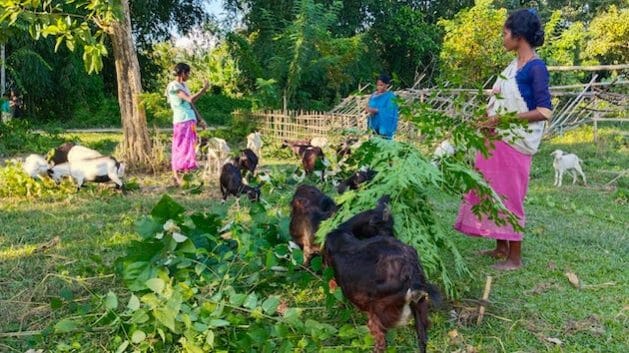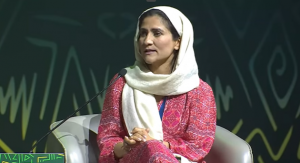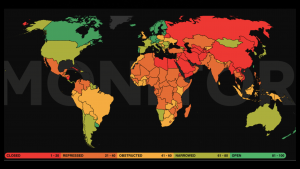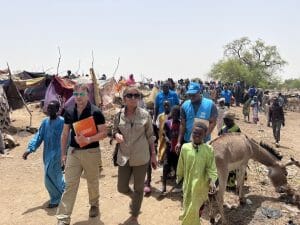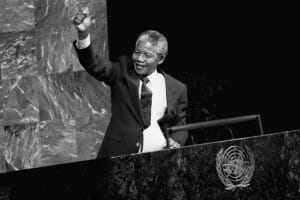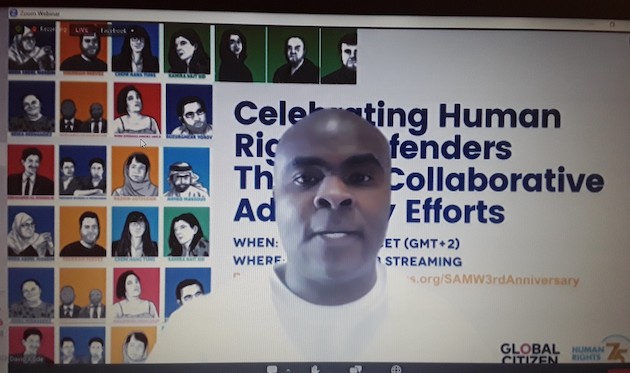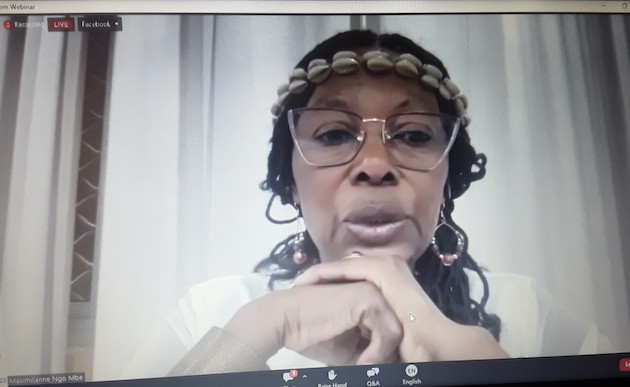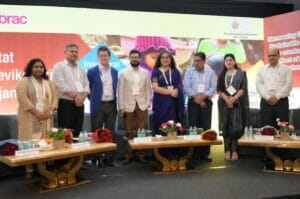
Aid, Asia-Pacific, Civil Society, Development & Aid, Featured, Headlines, Humanitarian Emergencies, Poverty & SDGs, Sustainable Development Goals, TerraViva United Nations
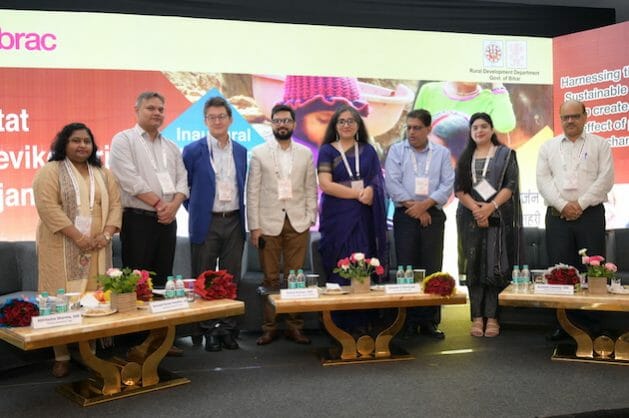
BRAC International recently signed a memorandum of understanding with the Bihar Government’s Rural Livelihoods Promotion Society to launch Satat Jeevikoparjan Yojana Shahari, the first government-led urban Graduation programme in Asia. Credit: BRAC
– In a bid to tackle the complexities of urban poverty, the Government of Bihar’s Rural Livelihoods Promotion Society (BRLPS) has launched Satat Jeevikoparjan Yojana Shahari (SJY Urban). The program will include a time-bound series of multifaceted interventions addressing food security, social inclusion, and sustainable economic livelihoods to enable participating households to achieve a better standard of living.
As part of this program, BRLPS has signed a Memorandum of Understanding (MoU) with BRAC International, which will serve as a thought partner to the Government of Bihar for the project development and also is building a consortium of partners to support the government in its implementation. Project Concern International (PCI), for example, is taking on management responsibilities and will also host thematic workshops across departments and with civil society experts to support inclusive learning and dialogue.
Mobile Creches will create a community cadre of childcare providers who will support maternal and child health. They have a 50-year-old history of providing childcare support, maternal and nutritional health, and WASH training to urban women in the slums of Delhi, Mumbai, and Pune. Quicksand will support the learning process to consolidate the design through ethnographic methods, prototyping, and other design elements. These learnings will help inform the project about the fabric of each respective urban community and provide a feedback loop once the rollout starts.
SJY Urban was inspired by the existing rural programme, Satat Jeevikoparjan Yojana (SJY), locally known as JEEVIKA, the largest government-led Graduation programme in the world, which has reached over 150,000 households as of early 2023 and is still expanding. SJY Urban is modelled on the rural programme’s six basic modules: 1) Building up the aspirations and confidence of households; 2) Financial Inclusion; 3) Improvement of Health, Nutrition, and Sanitation; 4) Social Development; 5) Livelihood generation; and 6) Government Convergence.
While taking inspiration from JEEVIKA, the Urban Programme will be adapted to respond to the unique challenges people in poverty face within the urban context.
“Urban poverty is complex and inadequately addressed,” said Shweta S Banerjee, Country Lead – India, BRAC International. “SJY Shahari is a unique project in the many challenges it has accepted, including supporting project participants during extreme heat waves. BRAC is excited and committed to serving as a thought partner to the Government of Bihar as we take the time to test, learn, relearn, and deploy the project design.”
Applying Learnings from the Rural Programme to the Urban
The 36-month SJY Urban Programme will be launched in five wards in Patna and five wards in Gaya for now and will be scaled up in a year’s time. Given the unique challenges in urban settings, where research and solutions are more limited in comparison to rural settings, the programme will incorporate learnings from the SJY programme.
“In keeping with the requirements in an urban setting, we intend to provide improved skill sets in carpentry, plumbing, welding, and the like that can help workers access better employment opportunities both within and outside Bihar. For instance, there are around 50,000 to 100,000 Bihar workers in the Tiruppur hosiery industry. We intend to provide them with the necessary skill certification through the National Skill Development Council,” Jeevika CEO Rahul Kumar told IPS.
Designed with a focus on women’s empowerment, SJY has made a pronounced difference for people living in extreme poverty in Bihar, particularly through inclusive livelihood development and access to financial security through self-help groups (SHGs). The urban programme will also utilise SHGs to improve financial opportunities along with sustainable livelihood options.
While the livelihood options are different, there is still a great opportunity for skill development for people living in urban poverty. JEEVIKA plans to pursue livelihoods for participants through conventional entrepreneurship, building up specific skills for trades, and partnerships with public utilities. The existing bank sakhi programme, a program that has trained rural women to assist customers in opening accounts and other administrative bank-related services, as part of JEEVIKA, saw 2,500 bank sakhis leverage Rs 10,000 crore in business for various banks.
According to Rahul Kumar, the bank sakhi programme could be introduced in across Bihar and offer additional financial products such as insurance and mutual funds.
There are also climate-responsive livelihoods that have been utilised in the rural programme that can work for an urban setting as well, such as waste management, recycling of waste, and the use of e-rickshaws. With climate change contributing to rapid urbanisation across Asia and driving millions more into poverty, affecting those furthest behind first, sustainable, resilient livelihood development will be a critical component of SJY Urban. The programme will work to further enhance resilience among participants by providing them with resources and training to develop food security and social inclusion.
Creating a Stronger Ecosystem Through Convergence
Similar to the rural programme, SJY Urban will bring together different existing government schemes and agencies to best serve those living in extreme poverty. The programme will also leverage the existing enterprises within the rural programme and promote them in the urban programme as well, such as market poultry and dairy products.
There are existing livelihood initiatives that rural participants are driving forward, such as running nurseries across the state, which have provided saplings to the Environment, Forest, and Climate Change Department for planting. These saplings can be used by urban plantations and gardens that are also under the department. Similarly, there are kiosk carts that sell Neera or palm nectar that are processed and made by JEEVIKA participants. There is an opportunity to expand this enterprise to the urban setting as well.
JEEVIKA will also engage other government agencies to support the design and implementation of the urban programme. Most recently, JEEVIKA and BRAC convened an inaugural workshop in preparation for launching the Urban Poor Graduation Project, in collaboration with the Departments of Urban Development and Housing, Labour Resources, Social Welfare, Women and Child Development Corporation. The workshop brought together government representatives and experts with diverse sectoral expertise to reflect on existing solutions for urban poverty and share key insights that could help inform the design and delivery of the Urban Poor Graduation Project. The workshop also brought together practitioners and leveraged knowledge from Graduation-based programmes outside Bihar and India.
The shared expertise and convergence in existing government schemes and partnerships will allow the programme to address unique challenges facing the urban environment and enhance coordination, which will ultimately improve overall impact.
Challenges and Learning Opportunities in an Urban Environment
This will be one of the first urban Graduation programmes at scale that combine skills development and livelihood support to alleviate urban poverty.
The unique constraints presented by the urban environment in Bihar, such as limited land availability, the migratory nature of the population in urban poor neighbourhoods, and heatwaves impacting the ability to work, present an opportunity to learn and adapt programming further to test what works.
“The kind of social cohesion prevalent in rural areas is lacking in urban centres. This makes social mobilisation, on which the programme rests, a difficult task,” Kumar said.
The first phase in designing the programme, along with the learnings from the first cohort of participants, will offer valuable insights on how to combat the challenges of those living in urban poverty face. Such learnings can then be shared across the Global South to support broader efforts to respond to rapid urbanisation and an increase in urban poverty.
SJY Urban is poised to move head-on, with its consultants scheduled to hammer out a clear strategy in the coming months. In a year’s time, Kumar says the programme aims to cover all 240 urban local bodies in the state.
IPS UN Bureau Report

